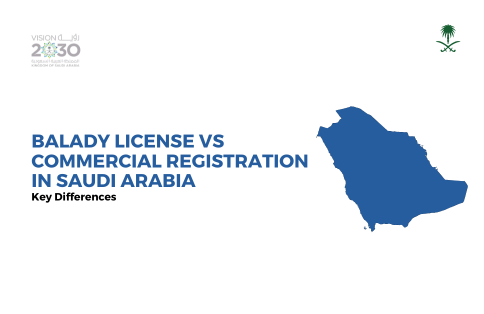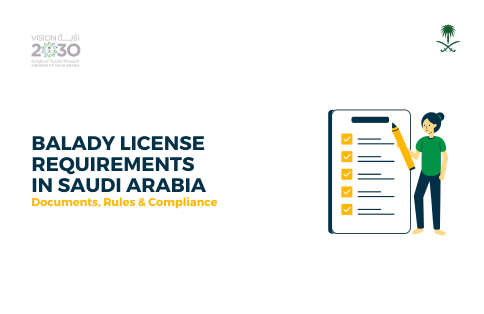An apostille is a specialized certificate attached to a public document (like a birth certificate, diploma, court order, or business contract), verifying the authenticity of the signature and seal. This makes the document legally acceptable in other countries that are part of the 1961 Hague Apostille Convention.
The Apostille Convention simplifies what used to be a long and costly process of document legalization, where documents had to pass through multiple authorities or embassies. Now, one apostille certificate issued by the relevant authority in the origin country is all that’s needed.
Why Apostilles Matter for Business Owners
For anyone conducting business across borders, apostilles offer several vital advantages:
1. Faster and Easier Document Authentication
Simplifies procedures no need for embassy legalization or extra layers of certification.
2. Cost Reduction
By eliminating multiple verification steps, apostilles reduce fees and administrative overhead.
3. Enhanced Legal Validity and Fraud Prevention
Documents bearing an apostille are recognized as legitimate and tamper-proof across member countries.
4. Facilitates Cross-Border Business
Essential when opening foreign bank accounts, registering new entities, signing international contracts, or pursuing foreign investments.
Which Countries Are Apostille Members?
There are currently 127 countries that are parties to the Apostille Convention. Below is a sample list across regions. The full list is available via official sources such as the Hague Conference’s status table.
Americas
Argentina, Brazil, Canada, Chile, Colombia, Costa Rica, Uruguay, USA, and others.
Europe
Most EU countries: Austria, Belgium, France, Germany, Italy, Netherlands, Spain, Sweden, UK, etc.
Asia & Middle East
India, Japan, South Korea, Israel, China (including Hong Kong & Macau), Singapore, Saudi Arabia, etc.
Africa
South Africa, Morocco, Rwanda, Botswana, Mauritius, Tunisia, etc.
Oceania
Australia, New Zealand, Fiji, Tonga, Vanuatu, etc.
Note: Sri Lanka, for example, is not currently a member of the Apostille Convention. Therefore, documents originating in Sri Lanka must undergo additional embassy or consular legalization, rather than just obtaining an apostille.
Tips for Business Owners
Always check whether the destination country is part of the Apostille Convention, especially before sending business documents abroad.
If both source and destination countries are members, an apostille saves time and hassle.





















